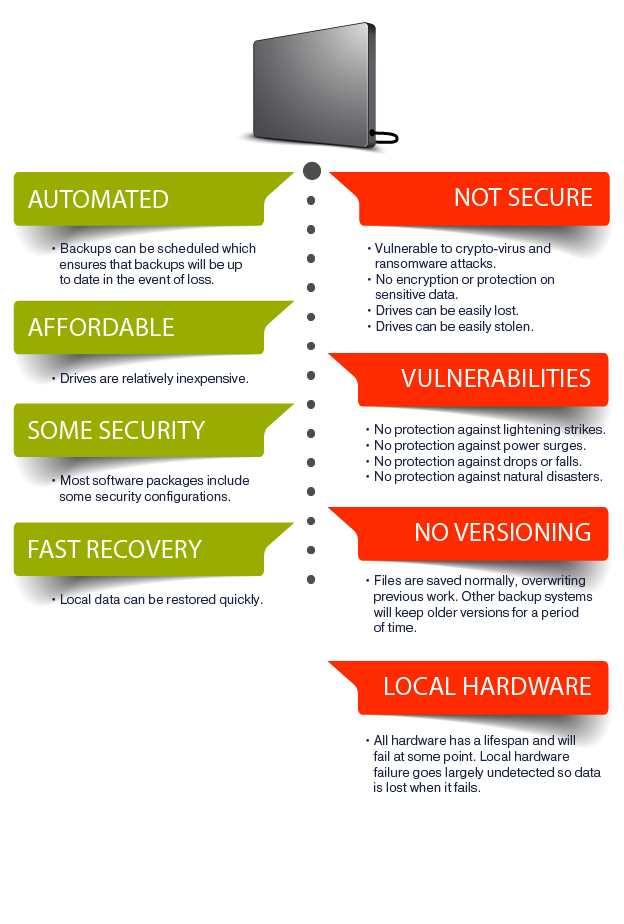In today's digital age, esports organizations and players rely heavily on data to enhance performance and maintain competitive edges. However, data loss due to hardware failure, cyberattacks, or human error poses a significant threat to their success. Implementing effective esports data backup strategies is crucial to safeguarding vital information and ensuring long-term sustainability.
Data backup in esports is more than just saving files; it's about preserving match histories, player statistics, game strategies, and valuable proprietary data. The esports industry has grown exponentially, and with this growth comes an increasing need for robust data management practices. Organizations that prioritize data protection are better equipped to handle unforeseen challenges.
This article explores comprehensive esports data backup strategies designed to protect your digital assets, ensuring they remain secure and accessible when needed. Whether you're an individual player, a small esports team, or a professional organization, these strategies will help you mitigate risks and optimize data management.
Read also:Uma Thurman In Pulp Fiction A Deep Dive Into Her Iconic Role
Table of Contents
- Introduction to Esports Data Backup
- The Importance of Data Backup in Esports
- Effective Esports Data Backup Strategies
- Cloud-Based Solutions
- Local Storage Options
- Hybrid Backup Strategies
- Data Security and Encryption
- Data Recovery Plans
- Data Management Best Practices
- Future Trends in Esports Data Backup
- Conclusion and Call to Action
Introduction to Esports Data Backup
Data backup in the esports industry is a critical process that ensures all essential information is preserved and retrievable. From player performance metrics to team strategies, every piece of data plays a vital role in the success of an esports organization. As the competitive landscape becomes more complex, reliable data backup strategies are indispensable.
Understanding the Basics
Esports data backup involves creating duplicate copies of important files and storing them in secure locations. This practice not only protects against data loss but also facilitates easy access to information when needed. By implementing a structured approach, organizations can minimize downtime and maintain operational efficiency.
With the rise of digital gaming platforms, the volume of data generated by esports teams has surged. This makes it imperative for teams to adopt scalable and flexible backup solutions that can accommodate growing data requirements.
The Importance of Data Backup in Esports
Data loss can have devastating consequences for esports teams, potentially affecting their competitive performance and reputation. Implementing robust esports data backup strategies is essential for preserving critical information and ensuring business continuity.
Read also:Mr Hands Unraveling The Enigma Behind The Internets Most Mysterious Urban Legend
Key Reasons for Backup
- Protection against hardware failures
- Defense against cyber threats such as ransomware
- Ensuring compliance with industry regulations
- Facilitating seamless recovery in case of data breaches
Studies show that organizations that prioritize data backup experience fewer disruptions and recover faster from incidents. For instance, a report by Cybersecurity Ventures estimates that cybercrime will cost businesses $10.5 trillion annually by 2025, highlighting the urgency of implementing strong data protection measures.
Effective Esports Data Backup Strategies
To safeguard your esports data, consider adopting the following strategies:
1. Regular Backup Schedules
Establish a routine for backing up data, whether daily, weekly, or monthly, depending on your needs. Consistency is key to ensuring that all recent updates are captured.
2. Redundancy and Failover Systems
Implement redundant systems to ensure that if one backup fails, another can take over seamlessly. This approach minimizes the risk of complete data loss.
3. Version Control
Maintain multiple versions of your data to allow for rollback in case of errors or corruption. This practice is particularly useful for preserving historical data and tracking changes over time.
Cloud-Based Solutions
Cloud storage has become a popular choice for esports data backup due to its scalability and accessibility. Services like Amazon Web Services (AWS), Microsoft Azure, and Google Cloud Platform offer secure and reliable options for storing large volumes of data.
Advantages of Cloud Backup
- Cost-effective and scalable
- Accessible from anywhere with an internet connection
- Automated backup processes
However, it's important to evaluate the security features of cloud providers to ensure that sensitive data remains protected. Many cloud services offer encryption and multi-factor authentication to enhance data security.
Local Storage Options
While cloud solutions are convenient, local storage remains a valuable option for esports data backup. External hard drives, network-attached storage (NAS) devices, and solid-state drives (SSDs) provide fast and reliable storage for critical data.
Benefits of Local Backup
- Immediate access to data without internet dependency
- Lower risk of cyberattacks compared to cloud storage
- Control over physical data storage
For organizations that prioritize data sovereignty, local storage can be an ideal solution. However, it's essential to implement physical security measures to protect against theft or damage.
Hybrid Backup Strategies
A hybrid approach combines the benefits of both cloud and local storage, offering a balanced solution for esports data backup. This strategy involves storing critical data locally while maintaining a secondary backup in the cloud.
Implementing Hybrid Backup
- Identify which data requires local storage
- Choose a reliable cloud provider for secondary backup
- Set up automated synchronization between local and cloud storage
Hybrid backup strategies provide enhanced security and flexibility, making them a popular choice for organizations seeking comprehensive data protection.
Data Security and Encryption
Data security is a critical component of any esports data backup strategy. Encrypting data both in transit and at rest ensures that sensitive information remains protected from unauthorized access.
Encryption Techniques
- Use strong encryption algorithms such as AES-256
- Implement multi-factor authentication for access control
- Regularly update security protocols to address emerging threats
According to a report by Verizon, 85% of data breaches involve a human element, emphasizing the importance of training staff on data security best practices. By combining technical measures with employee awareness, organizations can significantly reduce the risk of data breaches.
Data Recovery Plans
Having a well-defined data recovery plan is essential for minimizing downtime and restoring operations quickly in the event of a data loss incident. This plan should outline the steps to be taken and assign responsibilities to team members.
Key Elements of a Recovery Plan
- Identify critical data and prioritize recovery efforts
- Test recovery procedures regularly to ensure effectiveness
- Document all recovery processes for easy reference
Organizations that invest in robust recovery plans are better prepared to handle emergencies and maintain their competitive edge in the esports industry.
Data Management Best Practices
Effective data management is the foundation of successful esports data backup strategies. By adopting best practices, organizations can optimize their data storage and retrieval processes.
Best Practices for Data Management
- Classify data based on sensitivity and importance
- Implement data retention policies to manage storage space
- Regularly audit data storage systems for vulnerabilities
Data management not only enhances security but also improves operational efficiency. By streamlining processes and reducing clutter, organizations can focus on leveraging data to drive performance improvements.
Future Trends in Esports Data Backup
As technology continues to evolve, new trends in esports data backup are emerging. Artificial intelligence (AI) and machine learning (ML) are being integrated into backup systems to enhance automation and predictive capabilities.
Emerging Technologies
- AI-driven data analysis for identifying patterns and anomalies
- Blockchain technology for secure and transparent data storage
- Quantum encryption for next-generation data protection
Staying informed about these advancements allows esports organizations to adopt cutting-edge solutions that provide superior data protection and management capabilities.
Conclusion and Call to Action
In conclusion, implementing effective esports data backup strategies is crucial for safeguarding valuable information and ensuring long-term success in the competitive esports industry. By adopting a combination of cloud, local, and hybrid backup solutions, organizations can create a robust data protection framework that addresses their unique needs.
We encourage readers to take action by evaluating their current data backup practices and identifying areas for improvement. Share your thoughts and experiences in the comments below, and don't forget to explore other articles on our site for more insights into esports and data management.

